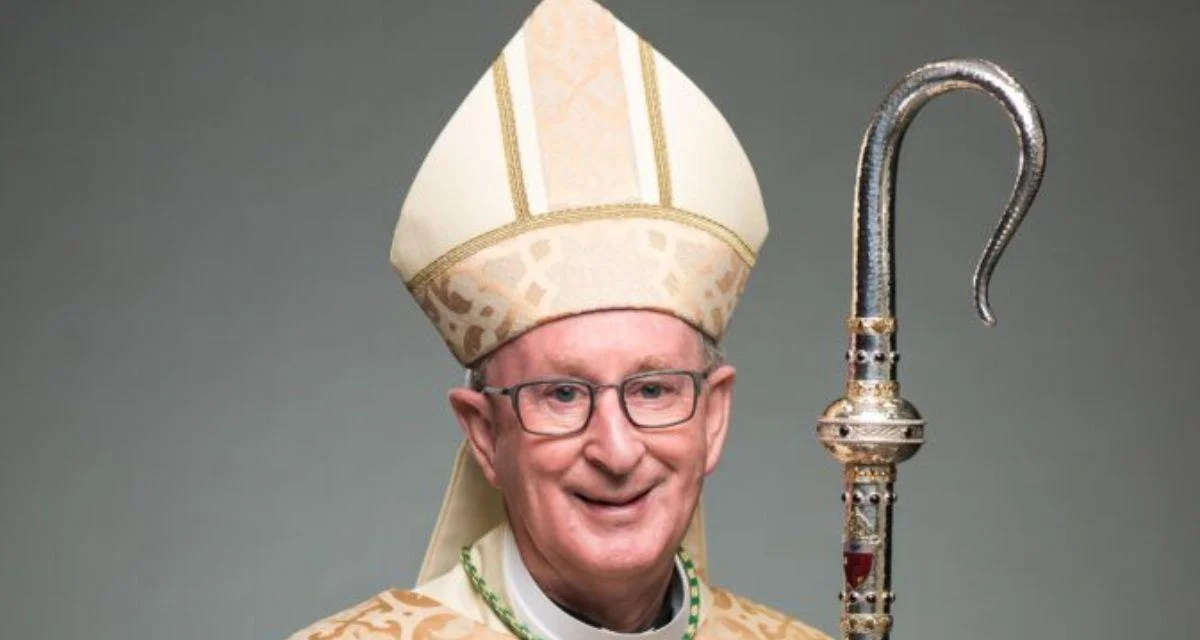
Reverend Joseph E. Kurtz, D.D. Bishop | Archdiocese of Louisville
Pope Francis arrived in Jakarta, Indonesia, on September 3, 2024, marking the beginning of a four-nation tour. The pontiff was welcomed by Indonesia's religious affairs minister and two children in traditional attire who presented him with flowers.
Following a 13-hour flight from Rome, Pope Francis planned to rest for the remainder of the day to adjust to the five-hour time difference between Rome and Jakarta. However, before resting, he visited migrants and refugees assisted by Jesuit Refugee Service, orphans cared for by Dominican sisters, and elderly and sick individuals supported by the Community of Sant’Egidio. These visits took place at the apostolic nunciature where he is staying during his time in Indonesia.
At the start of his journey on September 2, Pope Francis expressed gratitude to reporters for joining him on what is his longest trip as pope. His itinerary includes stops in Indonesia, Papua New Guinea, Timor-Leste, and Singapore before returning to Rome on September 13. Despite relying heavily on seat backs and his cane due to his age of 87 years old, he walked through the ITA A330 aircraft greeting each of the 75 journalists onboard.
Matteo Bruni, director of the Vatican press office, indicated that Pope Francis would emphasize fidelity to preserving unity in diversity as outlined in Indonesia’s constitution during his visit. Although Indonesia has the largest Muslim population globally, it also hosts Catholics and other Christians as well as Buddhists and Hindus. The nation comprises over 300 ethnic groups speaking dozens of languages.
The pope’s schedule features an interreligious meeting at Southeast Asia’s largest mosque along with opportunities to engage with Indonesian Catholics and observe their social and charitable activities carried out in Jesus’ name.
Environmental care is another anticipated theme during this tour across island nations including Papua New Guinea, Timor-Leste, and Singapore. Notably, Indonesia is constructing a new capital city named Nusantara due to Jakarta sinking below sea level from excessive groundwater extraction needed for its growing population.


 Alerts Sign-up
Alerts Sign-up